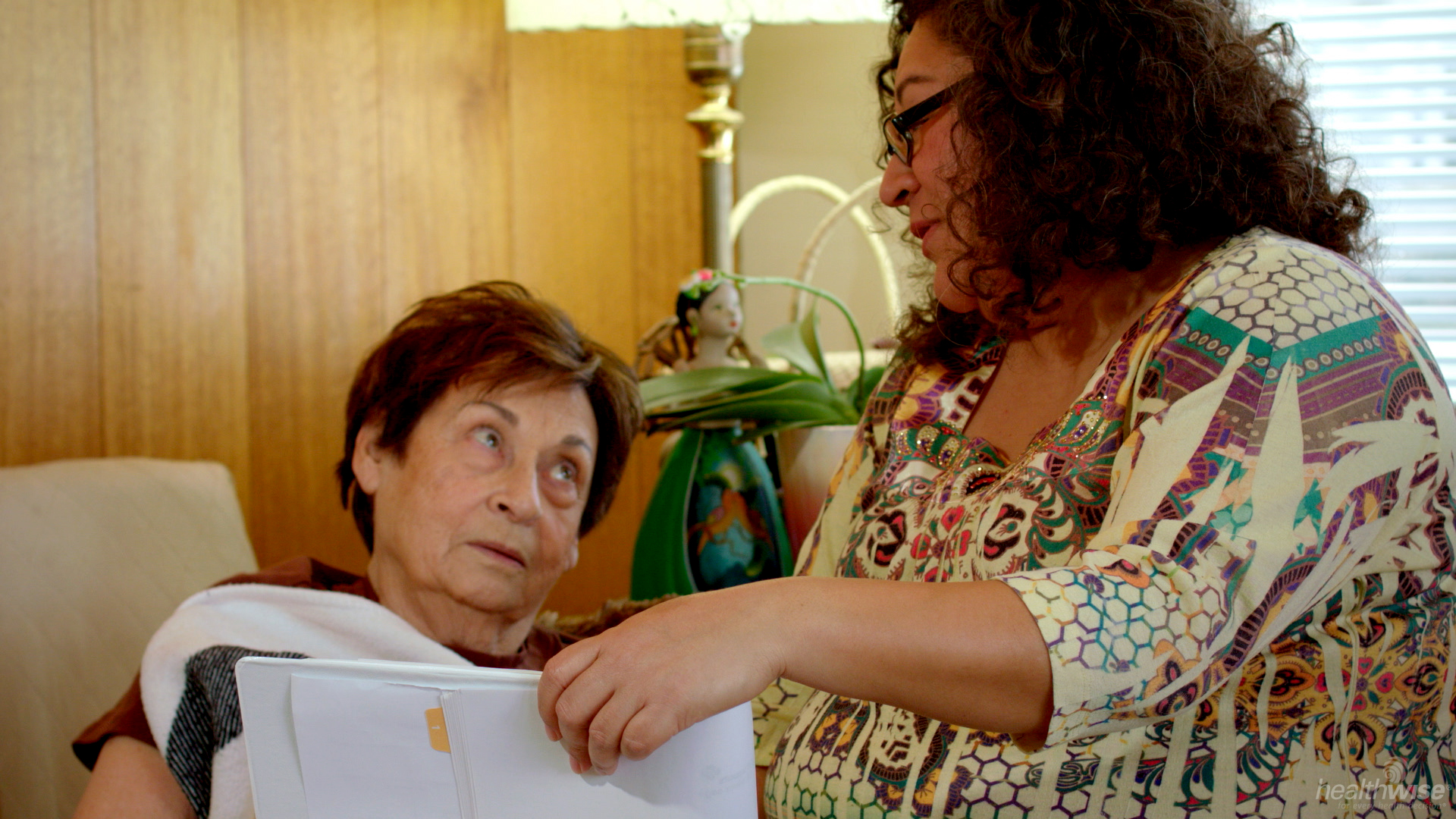Caregiving: Reducing Germs and Infection in the Home
Topic Overview
Germs and infection can spread easily in the home. This may happen when items around the house become soiled or when you come into contact with body fluids, such as blood or urine. A person's cough or sneeze can spread germs too.
Washing your hands often can help you keep germs and infection from spreading. Keeping the home clean can help too. To help reduce germs and avoid infections, make sure to disinfect all parts of the home. "Disinfecting" means using soap or another cleaner to get rid of germs that can cause infection.
Here are some tips for keeping the home clean.
Bathroom and kitchen
- Clean kitchen counters often. Use a household cleaner.
- Clean the bathroom and kitchen floors each week. If you mop the floors, always use a clean mop. Wipe up any spills when they happen.
- Clean the inside of the refrigerator monthly and when there is spoiled food. Wipe shelves with soap and water.
- Clean soap dishes and any cups used for dentures each week.
- Use different cleaning cloths for cleaning the bathroom and the kitchen.
Other cleaning tips
- Disinfect sponges and mops. Soak them in disinfectant, such as diluted household bleach, for 5 minutes each week. To dilute household bleach, follow the directions on the label. Dirty mops can contain germs and mold.
- Do not clean rags, sponges, bedpans, or urinals in the kitchen sink. And don't pour mop water into the kitchen sink. Instead, empty dirty water into the toilet or shower drain.
- Wash higher surfaces before washing lower ones. For example, clean counters and sinks before floors and toilets.
- Wear gloves when cleaning pet items, such as litter boxes.
- Change the water in flower vases often.
- Keep the home well ventilated with fresh air.
Medical and other equipment
- Clean all medical equipment, humidifiers, and dehumidifiers. Follow the manufacturer's instructions. For example, for some equipment you may clean with a mixture of 1 part vinegar to 3 parts water.
Avoiding infections from others
- When you can, avoid having people in your home who are sick.
- Ask all people in the home to cover their mouths with a tissue or with the inside of the elbow when they cough or sneeze.
- Throw away tissues used for colds and other illnesses. Empty the trash often.
- Wash bedding often, especially when others are sick.
- Avoid sharing food and drinks.
- Make sure people in the home do not share personal items, such as towels, washcloths, toothbrushes, or underclothes.
Related Information
Credits
ByHealthwise Staff
Primary Medical Reviewer Kathleen Romito, MD - Family Medicine
Elizabeth T. Russo, MD - Internal Medicine
Specialist Medical Reviewer Gayle E. Stauffer, RN - Registered Nurse
Current as ofOctober 6, 2017
- Top of Page
Next Section:
Related Information
Previous Section:
Topic Overview- Top of Page
Next Section:
Credits
Previous Section:
Related Information- Top of Page
Current as of: October 6, 2017


